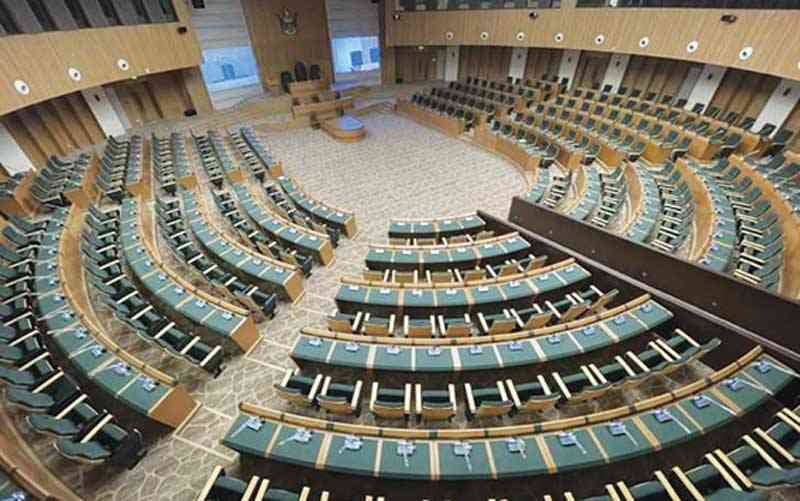
SENATE on October 17 fast-tracked the passage of the controversial Private Voluntary Organisations (PVOs) Amendment Bill without debate, making for rapid regression of democracy in the country
Despite protestations by civic society, non-governmental organisations (NGOs) and rights defenders, government is forging ahead with the Bill.
Although the official purpose of the PVOs Bill is allegedly to fight money-laundering and terrorism financing, in essence the proposed law violates fundamental rights and gives the government unjustifiable control over civil society groups.
It is an attack against active citizenship as it undermines citizen engagement.
The PVOs Amendment Bill, if enacted into law, will severely curtail operations, independence and effectiveness of civil society organisations, and it will be in contravention of the Banjul Charter.
Should it be adopted, it will provide the Office of the Registrar of PVOs, which is under the control of the executive branch, with wide and discretionary powers to interfere in civil society organisations’ governance and activities.
Amnesty International is afraid that “the new Bill reflects that most of the issues raised were not addressed and it still contains provisions, which will negatively impact civic space and threaten the continued existence and operations of civil society organisations”.
Said James Mupfumi, the director for the Centre for Research and Development, a Zimbabwe-based NGO: “This draconian law [PVOs Amendment Bill] will restrict donor funding and leave helpless drought-stricken communities at the hands of politically-weaponised food supplementary programmes by the government that are erratic and unsustainable.
- Environmental justice: Think big, start small
- News in depth: Slain Moreblessing Ali’s family fears cover-up as children are forced into hiding
- Airports Company strikes mega hotel deal
- In Full – Zimbabwe 42nd Independence Day speech by President Mnangagwa, April 18, 2022
Keep Reading
“The net effect is starvation, increased malnutrition in vulnerable rural communities and loss of lives.”
Even a former opposition stalwart, Morgen Komichi, was a worried man.
“We have the ruling party, which is obsessed with power to govern at any cost and hence it comes up with diabolic laws which are oppressive.
“The government wants to run everything, including NGOs. In a democratic country, people and organisations should have some freedom.”
PVOs will be required to register with the Registrar’s Office, which will have powers to consider, grant or reject the registration of organisations, with little to no judicial or administrative recourse against such decisions.
Many PVOs currently operating lawfully will not be able to continue under the new law unless they meet the new requirements.
The Registrar will have the power to designate any PVO as “high risk” or “vulnerable” to terrorism abuse following a non-transparent risk assessment.
That would allow the authorities to revoke the PVOs’ registration or even to replace their leadership.
Additionally, the new Bill includes harsh penalties, ranging from heavy fines to imprisonment, for administrative offences related to the registration of PVOs.
Above all, the Bill contains provisions that allow for the banning of civil society organisations from “engaging in political activities”, a broad and vague concept that could potentially include legitimate human rights activities.
This is such that public hearings on the PVOs Amendment Bill in May this year were disrupted by acts of violence and intimidation by suspected ruling Zanu PF party members.
Fair and fine, since government seems motivated to let the condemned PVOs Amendment Bill sail through, we hope it also deals with the following:
lExpeditiously implements all outstanding recommendations that have been made by the African Commission on Human and Peoples’ Rights (ACHPR) in its Concluding Observations and Recommendations following submission of previous Zimbabwe government State reports;
lRatifies the Protocol to the African Charter on Human and Peoples’ Rights on the establishment of the African Court on Human and Peoples’ Rights; as well as
lDomesticate and fully implement the African Charter on Democracy, Elections and Governance.
This is a give and take. Government cannot have the cake and eat it too.
The authorities must protect, respect and promote the right to freedom of association, a right protected by the Constitution of Zimbabwe, particularly Article 58, as well as by international human rights instruments to which Zimbabwe is a party, especially Article 22 of the International Covenant on Civil and Political Rights.






